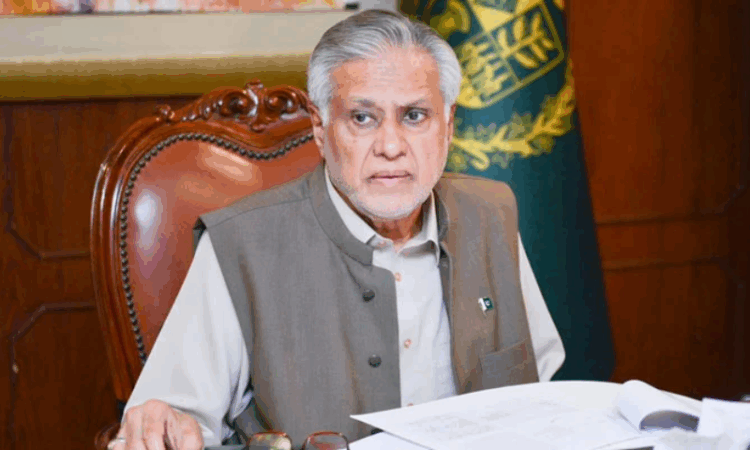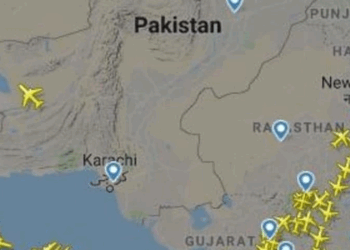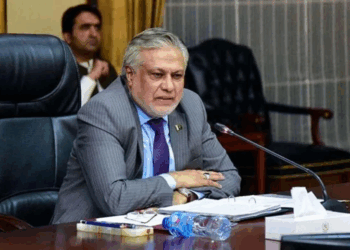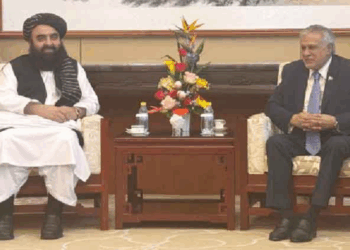Islamabad, May 18, 2025: Deputy Prime Minister and Foreign Minister Ishaq Dar will embark on a two-day official visit to China beginning Monday, May 19, amid heightened tensions between Pakistan and India following recent cross-border military clashes.
According to a statement issued by the Foreign Office (FO) on Sunday, Dar is visiting Beijing at the invitation of Chinese Foreign Minister Wang Yi. The two leaders will engage in comprehensive discussions on the evolving regional security landscape in South Asia and its implications for peace and stability.
“The visit will include in-depth consultations on the current regional dynamics, especially in light of recent military confrontations with India,” said an FO spokesperson.
The visit will also serve as an opportunity to review the full spectrum of Pakistan-China bilateral relations and to exchange views on pressing regional and global developments of mutual concern.
“The trip forms part of ongoing high-level exchanges between Pakistan and China, underscoring both countries’ shared commitment to strengthening their all-weather strategic cooperative partnership,” the statement added.
Meanwhile, Afghanistan’s Acting Foreign Minister Amir Khan Muttaqi is also scheduled to arrive in Beijing on May 20 to participate in a trilateral meeting, signaling broader regional engagement amid a volatile geopolitical environment.
During the recent Pakistan-India escalation, China reaffirmed its support for Pakistan, with its ambassador in Islamabad reiterating the “ironclad friendship” between the two nations and their history of mutual support in difficult times.
The military standoff, triggered by an April 22 attack in Indian Illegally Occupied Jammu and Kashmir (IIOJK) that killed 26 tourists, saw India launching Operation Sandur, accusing Pakistan of orchestrating the attack—an allegation Islamabad has firmly denied.
In response to continued Indian aggression across the Line of Control (LoC) and within Pakistani territory, Pakistan initiated Operation Bunyan-um-Marsoos, targeting Indian military installations across several regions. Pakistani officials described the strikes as “precise and proportionate.”
According to the Inter-Services Public Relations (ISPR), Pakistan downed six Indian fighter jets, including three Rafale aircraft, and intercepted dozens of drones during the confrontation. The conflict lasted 87 hours before a ceasefire was brokered by the United States on May 10.
ISPR reported that 53 Pakistanis lost their lives in Indian strikes, including 13 military personnel and 40 civilians.








